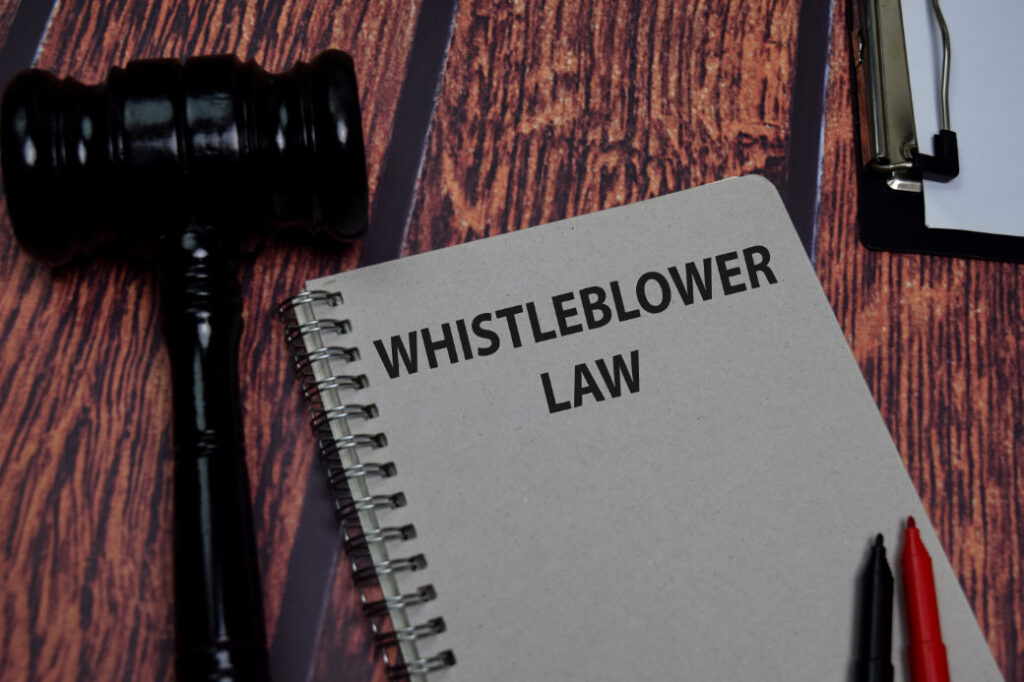
If you’re applying for a job and speak up about wrongdoing during the hiring process, are you protected under UK whistleblowing laws? A recent case has confirmed the answer, for most applicants, is no.
What is whistleblowing protection?
UK whistleblowing law is designed to protect workers who report serious concerns at work—like fraud, health and safety issues, or legal violations. This protection means employers can’t treat them unfairly or dismiss them for speaking up.
But what happens if someone reports wrongdoing before they’re even hired?
Sullivan v Isle of Wight Council
In this case, Ms. Sullivan applied for a job at the Isle of Wight Council. During the recruitment process, she raised concerns that could have been classed as whistleblowing. She was later rejected for the role and believed it was because she had spoken out.
She took her claim to court, arguing she was treated unfairly due to her whistleblowing. But the Court of Appeal ruled against her. The reason? She wasn’t protected by whistleblowing law—because she wasn’t an existing employee or worker.
Who’s protected under UK whistleblowing law?
According to Section 47B of the Employment Rights Act 1996, whistleblowing protections apply to:
- Employees
- Agency workers
- Judges
- Certain self-employed professionals working in the NHS
But external job applicants are not protected—except when applying for NHS roles, where special rules apply.
Are job applicants protected by other laws?
Ms. Sullivan argued that excluding external job applicants (like her) was discriminatory and breached her human rights under the European Convention on Human Rights (ECHR)—specifically:
- Article 10: Right to freedom of expression
- Article 14: Right not to be discriminated against
The court agreed that external applicants could fall under “other status” in Article 14, which is a broad category used to protect people in different situations. However, it still decided there was no unlawful discrimination.
Why? Because whistleblowing protection is intended for people who already have a working relationship with the organisation. The court said this focus was justified to support the public interest—by encouraging those already inside a workplace to report wrongdoing.
What this means for employers and applicants
This ruling draws a clear line:
- Current workers and NHS job applicants are protected
- External applicants for non-NHS roles are not
If you’re an employer or HR professional, this is a reminder that while whistleblowing laws are broad, they don’t apply to everyone. It’s important to be aware of who is covered—and who isn’t—under UK employment law.
If you’re a job seeker, it’s equally important to understand your rights before raising concerns during recruitment.
Further reading
If you enjoyed this blog then perhaps you’d like to sign up to our monthly newsletter. We’ll keep you updated on what’s new in employment law.
The team at Hunter Law is here for you. We can handle your HR issues, finesse your policies, and keep you up-to-date on evolving legislation. Please get in touch with our legal team, we’d love to help.

